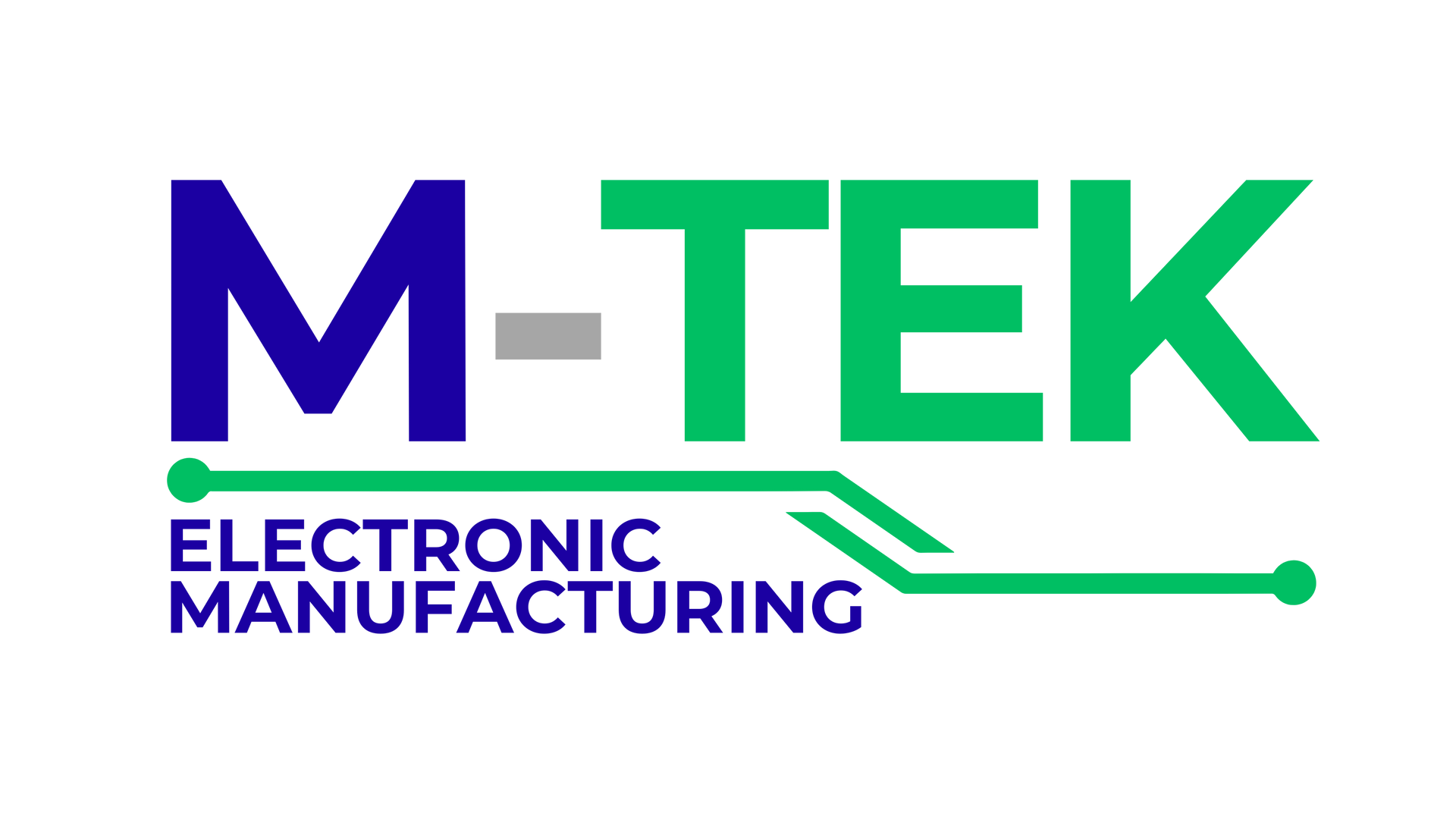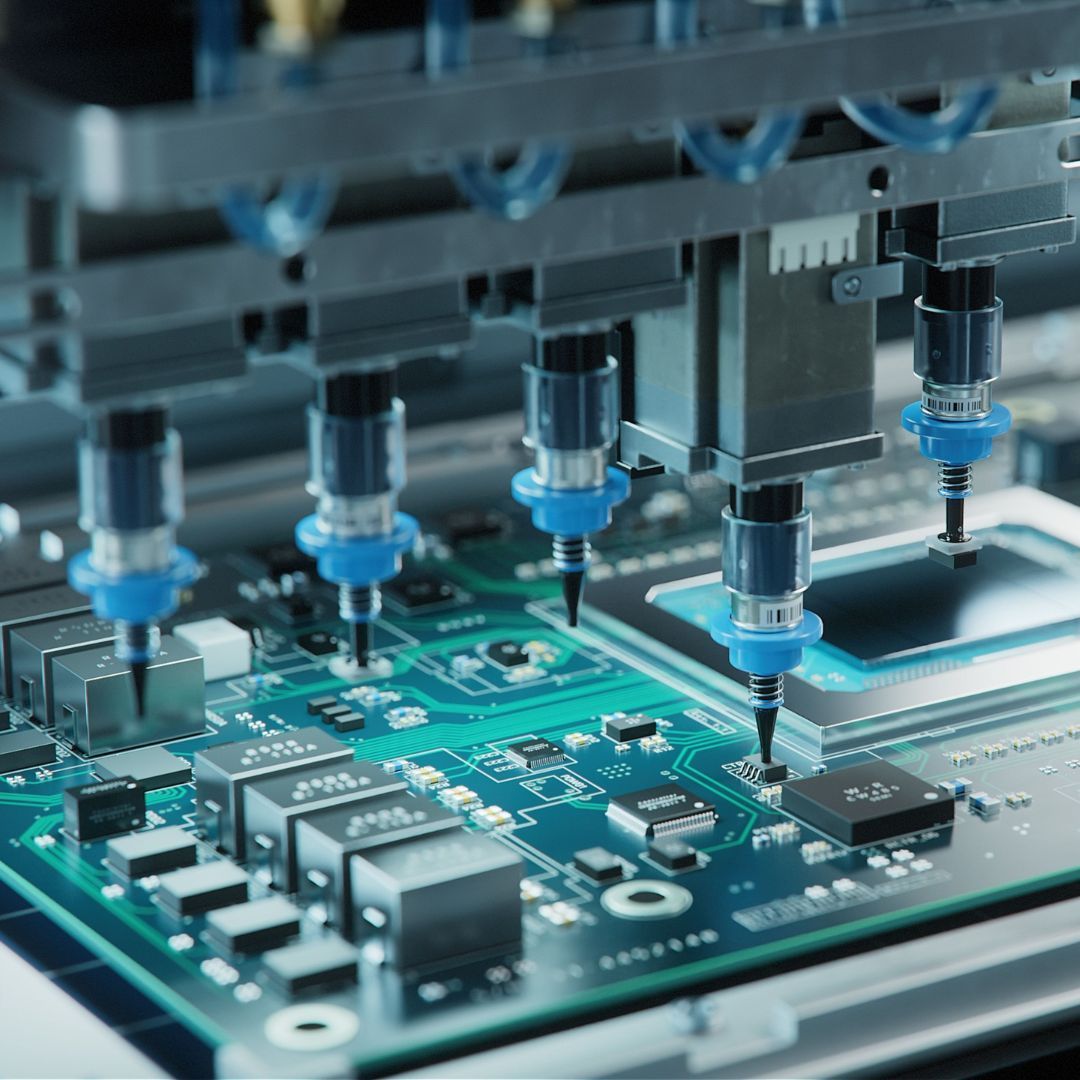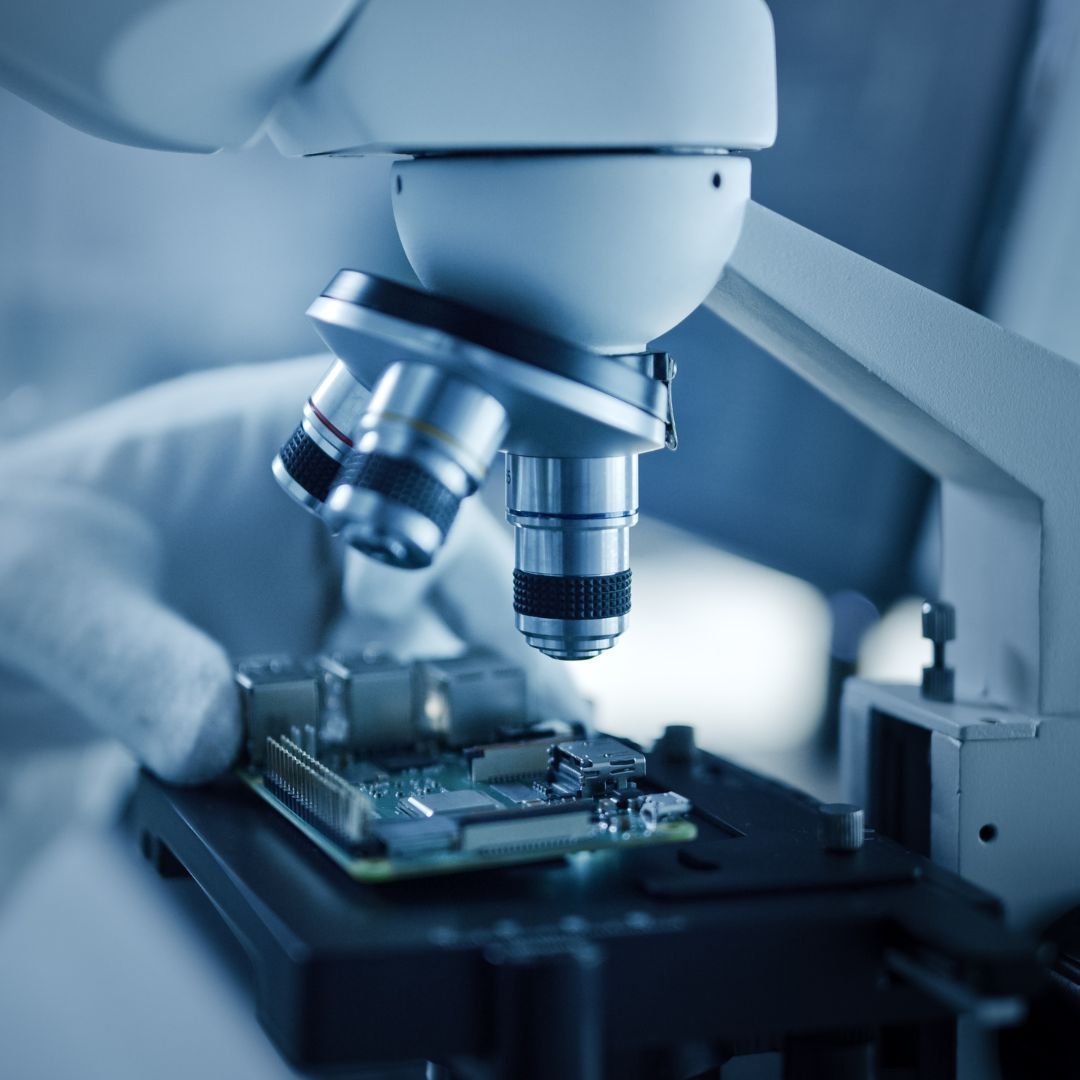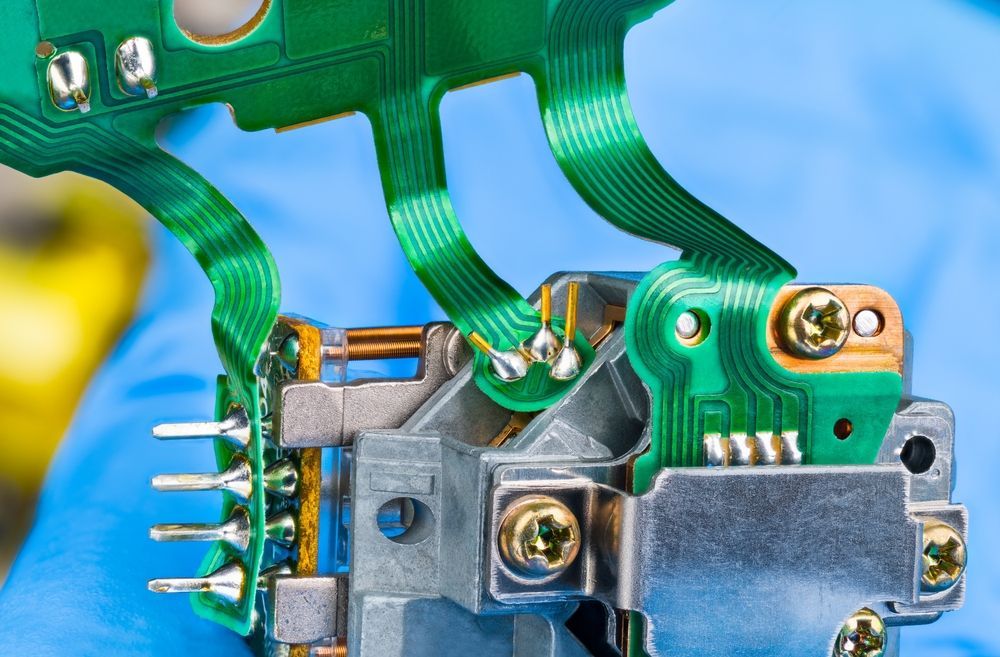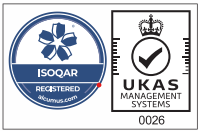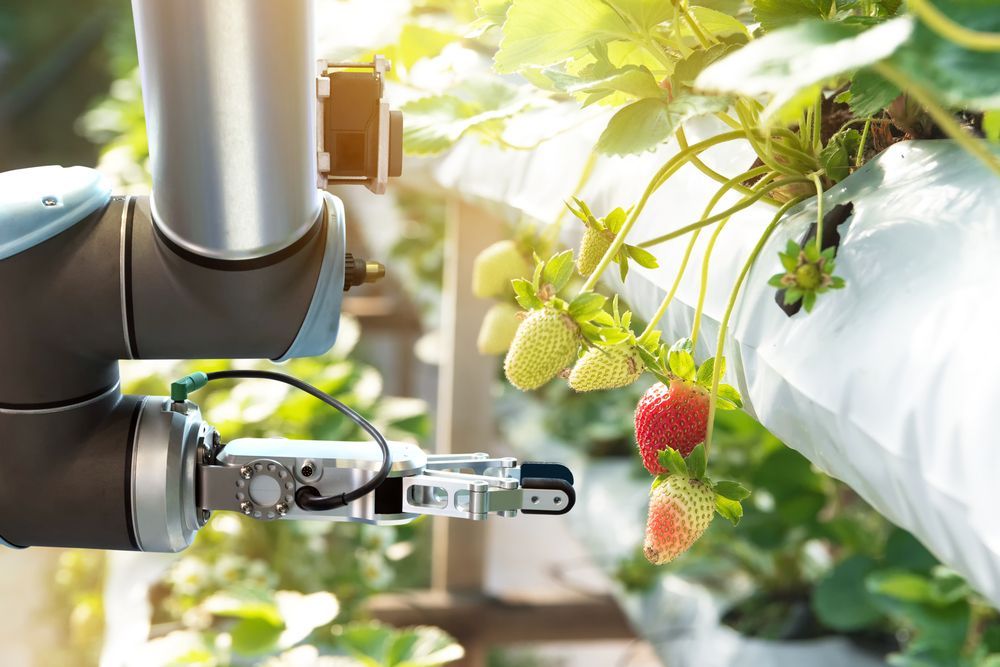
The Internet of Things (IoT) has emerged as a transformative technology, connecting billions of devices and enabling a new era of connectivity and automation.
At the heart of this technological revolution lies integrated circuits (ICs), which have played a crucial role in shaping the growth and potential of the IoT ecosystem.
In this article, we delve into the impact of
integrated circuits on the Internet of Things, examining their significance, challenges, and future prospects.
Integrated Circuits: Enabling Connectivity
Integrated circuits act as the foundational building blocks that enable connectivity in IoT devices.
Through various wireless communication protocols such as Wi-Fi, Bluetooth, Zigbee, and NFC, ICs facilitate seamless data exchange between devices.
These tiny chips with integrated transistors, resistors, and capacitors are capable of transmitting and receiving data, allowing devices to communicate with each other and with the cloud.
Miniaturisation and Energy Efficiency
The miniaturisation of integrated circuits has been instrumental in the proliferation of IoT devices.
As ICs continue to shrink in size, they consume less power and occupy less physical space, making them ideal for embedding into a wide range of objects and appliances.
Their energy efficiency ensures that IoT devices can operate for extended periods without the need for frequent battery replacements or recharging.
Sensor Integration
Integrated circuits have played a crucial role in the integration of sensors into IoT devices.
Sensors such as temperature, humidity, motion, and light sensors are seamlessly integrated into ICs, enabling devices to collect real-time data about their environment.
This data can be analysed and utilised for a myriad of applications, including environmental monitoring, smart homes, industrial automation, and healthcare.
Data Processing and Edge Computing
Integrated circuits have evolved to incorporate powerful microprocessors and specialised hardware accelerators, enabling data processing capabilities at the edge of the IoT network.
By performing data analytics and decision-making tasks locally, ICs reduce latency, enhance security, and alleviate network congestion.
This paradigm, known as edge computing, allows for faster response times and more efficient use of network resources.
Security and Privacy Challenges
As the IoT landscape expands, the security and privacy of interconnected devices become paramount concerns.
Integrated circuits play a vital role in implementing security measures such as encryption, authentication, and secure booting.
However, the increasing complexity of ICs and the interconnected nature of IoT devices pose challenges in ensuring robust security across the entire ecosystem.
Addressing these challenges is crucial to prevent unauthorised access, data breaches, and privacy violations.
Scalability and Cost-effectiveness
Integrated circuits have played a pivotal role in making the IoT economically viable.
Their scalability and mass-production capabilities have driven down costs, allowing for the widespread adoption of IoT devices across industries and consumer markets.
As IC technology continues to advance, the cost-effectiveness and accessibility of IoT devices are expected to improve further, leading to a proliferation of connected devices and applications.
Emerging Trends and Future Prospects
The future of integrated circuits in the IoT is promising, with several emerging trends on the horizon. One such trend is the integration of artificial intelligence (AI) and machine learning (ML) capabilities into ICs, enabling more intelligent and autonomous IoT systems.
Additionally, advancements in low-power IC designs, such as energy harvesting techniques and ultra-low-power transistors, will further enhance the energy efficiency and longevity of IoT devices.
Integrated circuits: Final Thoughts
Integrated circuits have been instrumental in shaping the Internet of Things landscape, enabling connectivity, miniaturisation, sensor integration, data processing, and security. They have laid the foundation for a vast array of IoT applications that are transforming industries, enhancing convenience, and improving quality of life.
As IC technology continues to evolve, we can expect further advancements that will unlock new possibilities and propel the IoT.
M-Tek
At M-Tek Assembly we have decades of experience within the industry. We have achieved a
net-zero carbon footprint by using electric vehicles, and for every printed circuit board we build, we plant a tree. Contact one of our SMT and PCB assembly experts today for assistance. Call
01189 455377 or follow us on
Twitter to learn more about our products and services, including integrated circuits.
